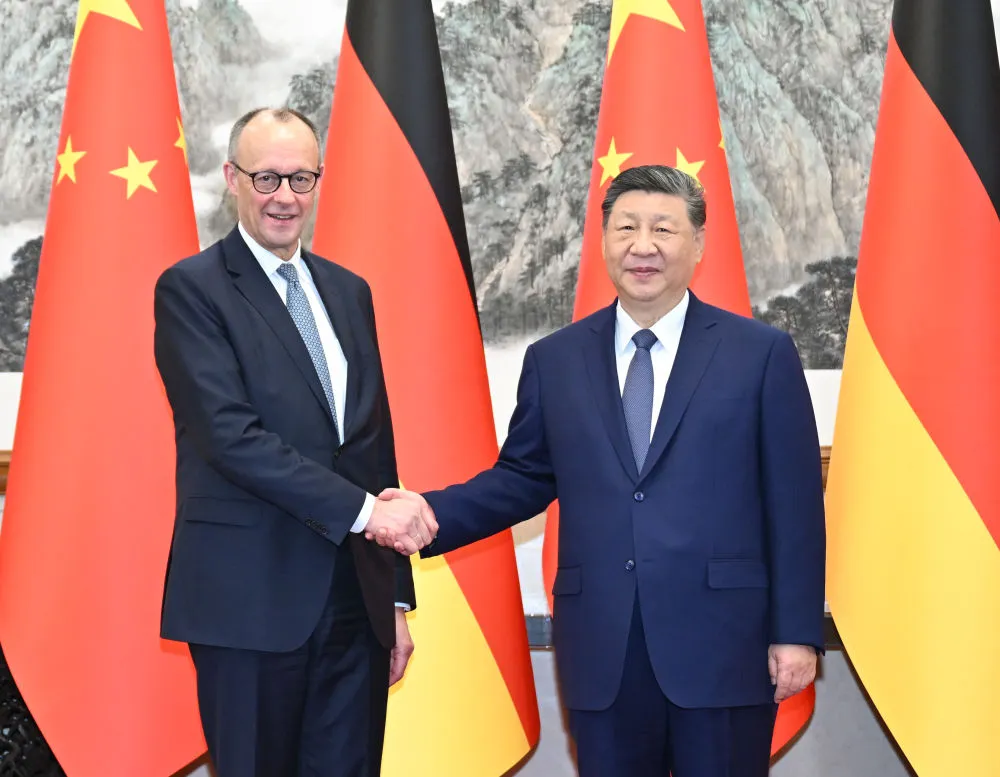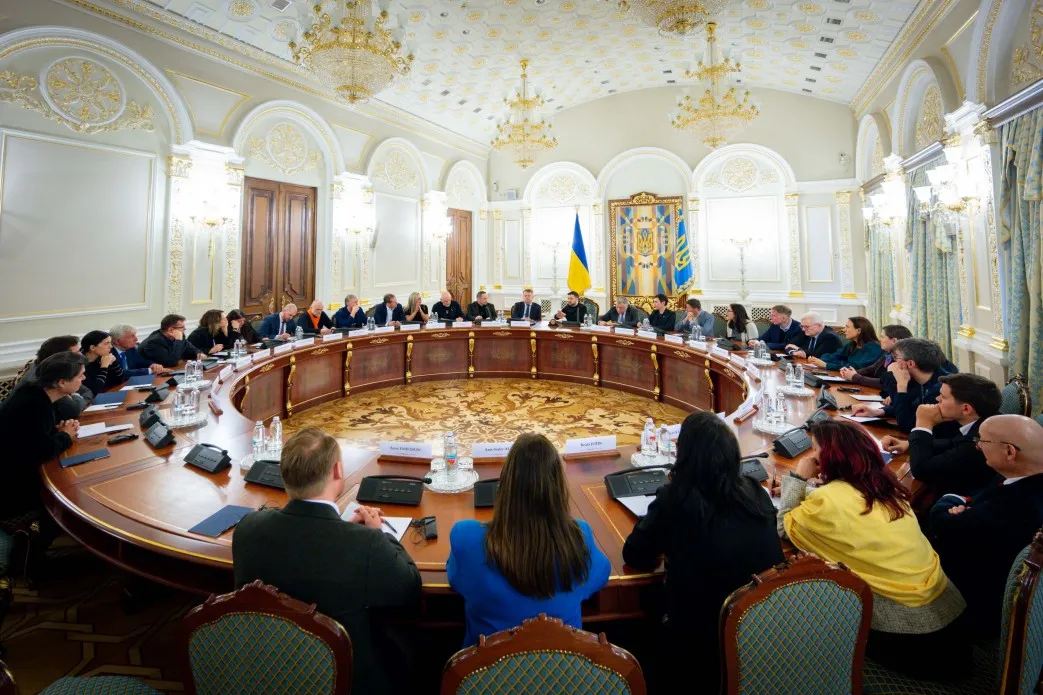Helga Zepp-LaRouche, founder and chairwoman of the Schiller Institute, gave an interview for one hour on Nov. 15 to Nima Alkhorshid, host of the “Dialogue Works” show, originating in Brazil. Alkhorshid focused many of his questions on the political situation in Germany, given that Zepp-LaRouche is a longtime German political figure, and currently the lead candidate in her BüSo party (Civil Rights Solidarity Party) in the upcoming German elections. But Zepp-LaRouche commented on the German situation as a springboard to discuss major initiatives worldwide. She drew particular attention to a crash program that the Schiller Institute is producing, in the immediate weeks ahead, on how Europe and the U.S. can only really solve the migrant/refugee crisis by collaborating with the BRICS nations on major infrastructure projects, especially in Latin America and Africa. She cited the Grand Inga Dam and Transacqua projects in Africa, and the opening this week of the Chancay port in Peru and prospect of building a Bi-Oceanic Railroad in South America connecting the Atlantic and Pacific Oceans, as representing such a focus. Similarly, in response to a final question on the Middle East, she stressed the project of her late husband Lyndon LaRouche for an “Oasis Plan” to create major quantities of desalinated water in order “to transform the economic character of Southwest Asia completely as the basis for peace.”
“Geopolitics is a disease and should be treated as such. It is a task of our time, to overcome geopolitics, and move to the one humanity,” she stressed. She said that Russian President Vladimir Putin’s Nov. 7 remark at the Valdai Discussion Club that he envisions a “polyphonic” level of collaboration and interaction among nations, is “fantastic.” She stated, “we are human; we have tremendous things to bring in such a symphony. Diversity is our richness. I have a very deep optimism that that can be accomplished.”



